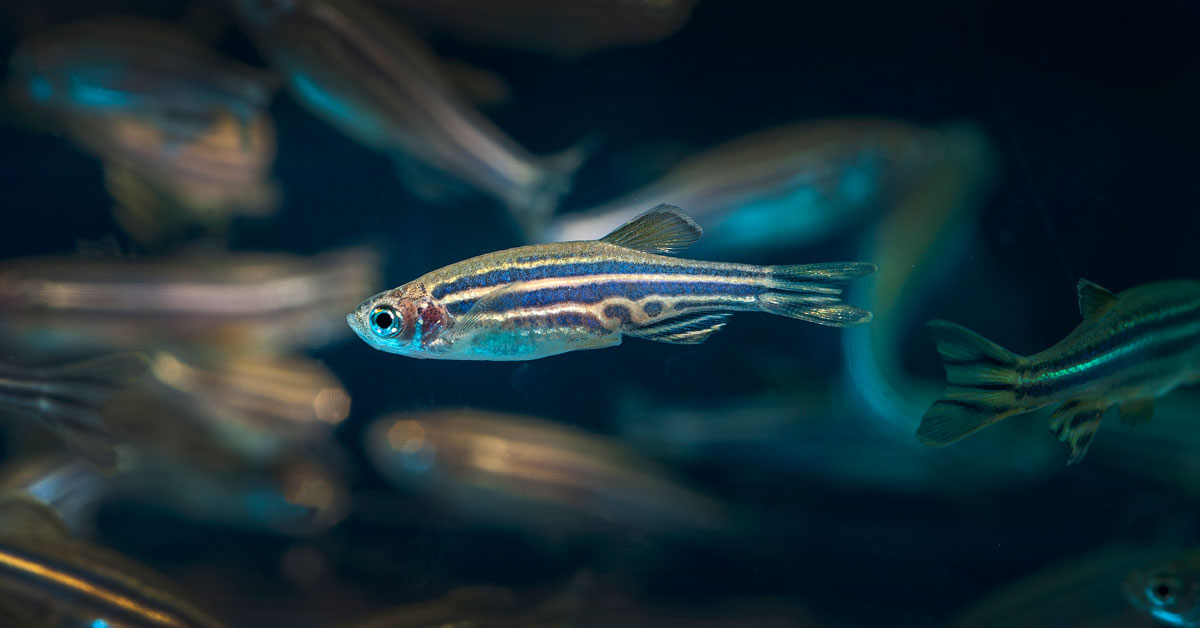Since 2021, the Mountains to Sea Conservation Trust has been holding a new type of beauty pageant: the “Fish of the Year” competition.
The contest, which is open to public vote in New Zealand, was designed to get landlubbers more involved in marine life, particularly in local conservation efforts and restoration projects.
The eagle ray won 2021 and 2022 back-to-back before passing the crown to giant oceanic manta rays in 2023.
But this year, “the good people of New Zealand” chose a dark horse in the competition: the blobfish.
“We and the people of New Zealand had had enough of other fish getting all the headlines,” New Zealand More FM radio hosts Sarah Gandy and Paul Flynn said in a press release.
“The blobfish had been sitting patiently on the ocean floor, mouth open waiting for the next mollusk to come through to eat,” they added.
“He has been bullied his whole life and we thought, 'Stuff this, it’s time for the blobfish to have his moment in the sun,' and what a glorious moment it is.”
The blobfish has long been regarded as an “aesthetically challenged” species. In 2013, it was named the “world's ugliest animal” at the British Science Festival in Newcastle, England.
Although the title seems mocking, Ugly Animal Preservation Society president Simon Watt said the campaign was actually meant to spotlight the underdogs of the animal kingdom.
“Our traditional approach to conservation is egotistical,” he told BBC News after the blobfish won the “ugly” contest.
“We only protect the animals that we relate to because they're cute, like pandas,” he explained. “If extinction threats are as bad as they seem, then focusing just on very charismatic megafauna is completely missing the point.”
“I have nothing against pandas,” he added, “but they have their supporters. These species need help.”
Ironically, the blobfish (or Psychrolutes marcidus) isn’t even as ugly as it appears.

“Turns out, that’s not what a blobfish looks like,” TikTok user Elena Kilgore said in 2023, pointing to a picture of a deceased blobfish dubbed “Mr. Blobby.”
“That’s just what a blobfish looks like when you take it out of its home and put it on a table in a lab.”
It’s the same sentiment that marine biologist Russell Arnott has been trying to spread for years.
In 2020, he replied to a prompt online that asked: “What is a common misconception about an animal that you would like to dispel forever?”
“That the blobfish is ugly,” Arnott wrote on social media site X. “You wouldn't look so great either if you'd just undergone a rapid depressurisation of 120 atmospheres.”
In an interview with National Geographic, the scientist elaborated on the blobfish’s infamous legacy.
“The fish only looks like a miserable, pink lump when it has been torn from its home, and suffered devastating tissue damage due to the rapid depressurization as it was dragged to the surface,” Arnott told National Geographic.
“In its natural habitat — thousands of feet underwater — the misunderstood blobfish looks like a normal fish.

According to the Mountains to Sea Conservation Trust, the blobfish narrowly beat out the orange roughy by just 277 votes in the “Fish of the Year” contest.
“We have no problem with the blobfish winning,” said spokesperson Aaron Packard, who was gunning for the orange roughy. “It's still a win for deep-sea ecosystems and raises awareness about the environmental impacts of destructive bottom trawling.”
In the end, the real winner is the growing interest in marine conservation efforts.
The competition saw a huge uptick in traffic from the year prior, with more than 5,500 New Zealanders taking part in the vote, up from 1,021 in 2024.
“More than 10,000 Kiwis visited the website to learn about freshwater and marine fish that call our waters home,” said Mountains to Sea Conservation Trust Co-Director Kim Jones.
“We’re absolutely thrilled New Zealanders have taken such an interest in our native fish, and the conservation challenges affecting them.”
You may also like: Photos of the 21 Ugliest Animals 📸 + How To Protect Them
Header image via Mountains to the Sea Conservation Trust



